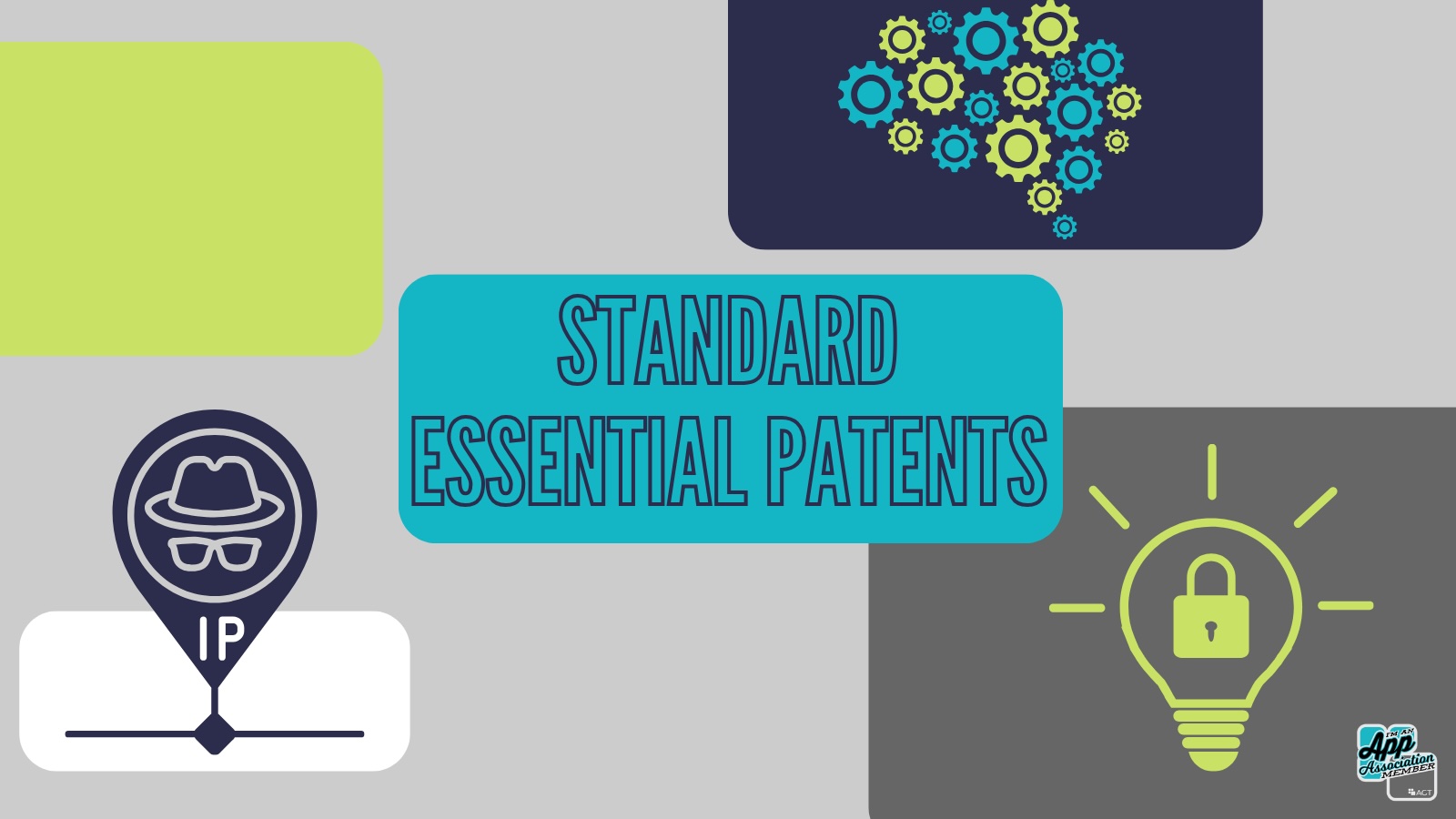The UK’s Intellectual Property Office (IPO) has launched a consultation on Standard Essential Patents (SEPs), running from 15 July to 7 October 2025. The IPO’s goal is to improve transparency, fairness, and efficiency in how SEPs are licensed, something that could have a big impact on startups and scaleups navigating today’s digital economy.
The IPO’s consultation represents a major effort by the UK government to fix systemic issues in SEP licensing, including opaque rates, dubious essentiality claims, and costly, drawn‑out dispute processes. The aim is a balanced and small and medium-sized enterprise (SME)‑friendly system, supporting innovation in critical growth sectors across the UK economy.
Let’s dive into more about the current issues in the licensing ecosystem.
Why SEPs matter to startups and scaleups
Standard-essential patents (SEPs) cover technologies that are essential to implementing widely adopted technical standards such as 5G, Wi-Fi, or video codecs. These standards underpin many technology products and services by providing connectivity and interoperability that innovators use in their products. For example, if a med-tech startup developed a new type of wearable device, standards would enable it to connect and share data wirelessly with other devices and the internet.
These smaller companies often face significant barriers when dealing with SEP holders, including:
- Limited resources and expertise to assess or negotiate fair licensing agreements
- Lack of transparency
- Disproportionate legal risks, including injunctions
Key challenges in the current SEP licensing system
It’s hard to know if a patent is valid or essential. There’s no easy way to verify whether a patent is valid or truly essential to a given standard. SEP holders make these claims, while SMEs lack the legal or technical resources to validate them or to challenge these claims where appropriate.
Costly and complex dispute resolution. When disagreements arise, SMEs often face prohibitively costly legal fees and the threat of injunction, forcing them into accepting high rates merely to avoid expensive litigation that could put them out of business.
Pricing is opaque. A 2024 survey showed 83 per cent of SMEs lacked access to SEP pricing information. Licensing negotiations are often cloaked by NDAs, leaving licensees unable to assess whether they’re getting a fair deal. Courts have found that some licence offers were four to five times higher than court‑determined fair, reasonable, and non-discriminatory (FRAND) rates.
What the IPO is proposing
To make SEP licensing more transparent and fairer, the UK IPO has introduced several targeted reforms aimed at supporting SMEs and startups:
Rate Determination Track (RDT): A specialist legal process to independently assess and set transparent, FRAND‑based licence rates that is said to be potentially quicker and cheaper than litigation.
Mandatory searchable disclosures: SEP holders would be required to publicly submit standard‑related patent details to the IPO, improving visibility and accountability.
Essentiality opinion services: Exploring the feasibility of an independent or government‑run service to verify whether a patent is truly SEP‑essential.
Pre‑action protocol: A framework encouraging early disclosure and negotiation, potentially flagging SEP issues before they escalate to costly disputes.
Boosting ADR (Alternative Dispute Resolution): Considering improvements and increased use of mediation or arbitration to avoid the expense of court actions.
Existing Support
These new regulatory proposals aim to build on top of the foundational SEPs Resource Hub, which provides guidance on licensing, legal terms, essentiality checks, and dispute resolution. Launched in July 2024, it’s already been accessed nearly 1,000 times by UK businesses, showing there is strong demand from SMEs for additional support.
Moving Forward
This is an important consultation, and input now from startups and SMEs could help secure a marketplace that rewards innovation, not litigation. Do you want to get involved but not sure where to start? Here are three ways:
-
- Contact Stephen Tulip to engage with ACT | The App Association to help shape our response and get guidance on additional ways to engage
- Submit feedback directly by 7 October 2025 through the IPO’s online portal.
- Share examples such as:
-
-
- Instances of opaque licensing or excessive pricing
- Experiences with expensive SEP-related disputes or licensing delays
- Insights on use or barriers to essentiality‑checking ADR or pre‑action processes
- Views on the Resource Hub or suggestions for improvement
-
